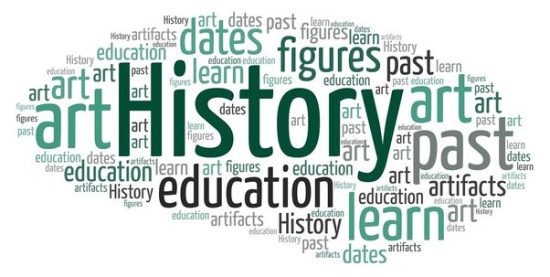Back to: History JSS 1
Welcome to class!
Hello, my wonderful JSS 1 student! I’m so excited to have you in my history class today. Get ready for an amazing journey into the past, where we’ll uncover fascinating stories and learn about the world before we were born!
Meaning of History

Have you ever wondered how your grandparents met? Or what your village was like a hundred years ago? History is like a time machine that helps us answer these questions and many more. It’s the story of humankind, from the very first people to the world we live in today. Think of it as a giant, exciting storybook filled with adventures, discoveries, and the lives of people who came before us.
History isn’t just about dates and names; it’s about understanding how things changed over time. Imagine your favourite food, maybe jollof rice. The jollof rice we enjoy today isn’t exactly the same as the jollof rice our ancestors cooked centuries ago. The ingredients, the cooking methods, even the type of rice used might be different. History helps us trace these changes, showing us how our food, our clothes, our homes, and even our beliefs have evolved.

Now, let’s talk about what history actually is. Simply put, history is the study of the past. It’s about figuring out what happened, why it happened, and what it means for us today. Historians, like detectives of the past, use clues to piece together the story of humankind. These clues are called sources.
There are different types of sources. Primary sources are like eyewitness accounts. They are things that were created during the time period we are studying. Think of a letter written by someone who lived long ago, an old photograph, or even a traditional tool used by our ancestors. For example, if we wanted to learn about the ancient Benin Kingdom, a bronze casting from that era would be a primary source.
Secondary sources, on the other hand, are interpretations of primary sources. They are like reports written by someone who wasn’t there at the time. A textbook about the Benin Kingdom, a biography of a great leader, or even a documentary film would be considered secondary sources. Imagine you tell your friend about a football match you watched. Your description is a primary source. If your friend then tells another person about the match based on what you said, that’s a secondary source.
History also helps us understand different cultures and societies. Nigeria is a country with rich and diverse history. We have so many different ethnic groups, each with its own unique traditions, languages, and stories. By learning about the past, we can appreciate the richness of our heritage and understand how our diverse cultures came to be. Think about the different festivals celebrated across Nigeria, like the Argungu Fishing Festival or the Osun Osogbo Festival. Each festival has a story behind it, rooted in the history of the people who celebrate it.

History isn’t just about the past; it’s also about the present and the future. By understanding how things have changed over time, we can make better decisions about the future. For example, learning about the mistakes of the past can help us avoid repeating them. Understanding the history of our environment can help us protect it for future generations.
Let’s say you’re learning about the history of agriculture in your community. You might discover that your grandparents used different farming techniques than the ones used today. This knowledge can help you understand the challenges and opportunities facing farmers today and maybe even inspire you to come up with new solutions.
Summary
So, history is like a bridge connecting the past, the present, and the future. It helps us understand who we are, where we come from, and where we’re going. It’s a fascinating subject filled with amazing stories and important lessons.
Evaluation
Now, let’s see what you’ve learned. Can you explain in your own words what history is and give an example of a primary source and a secondary source?
Think about your own family history. Ask your parents or grandparents to tell you stories about their childhood. These stories are a valuable part of your personal history!
You’re doing great! Keep up the fantastic work! I’m so proud of your curiosity and eagerness to learn. Remember, history is an adventure, and I can’t wait to explore more of it with you in our next lesson. See you there!
